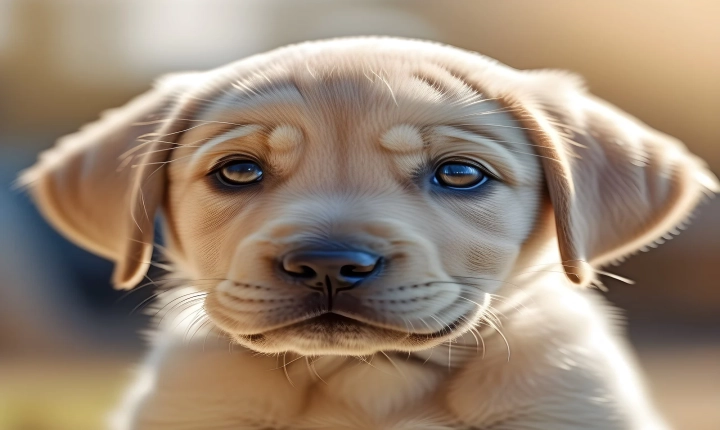Title: Can You Publish a Book Written by AI? The Ethical and Practical Considerations
In the age of artificial intelligence and machine learning, the capabilities of AI have expanded to include creative tasks such as writing, painting, and composing music. This raises a fascinating and contentious question: can a book written by AI be published in the traditional sense? The ethical and practical considerations surrounding this issue are complex, touching on concepts of creativity, ownership, and authorship.
One of the primary ethical considerations is the notion of creativity and originality. Can an AI truly be considered a creative author, or is it simply mimicking the patterns and styles of existing human works? This debate calls into question what it means to be a creator and the authenticity of the work produced. Furthermore, if an AI generates a book, who should be credited as the author? The individual or team that developed the AI, the AI itself, or a combination of both?
From a practical standpoint, publishing a book written by AI presents challenges in terms of liability and accountability. If an AI-generated book were to contain errors or offensive content, who would be held responsible? Additionally, the lack of human experience and emotion in AI-generated writing may result in a disconnect with readers, impacting the quality and relatability of the work.
Despite these ethical and practical considerations, there are valid arguments in favor of publishing books written by AI. AI has the potential to generate vast amounts of content in a short time, addressing the demand for material in various genres and subjects. Moreover, AI can foster new forms of storytelling and push the boundaries of creativity, offering fresh perspectives and unconventional narratives.
In response to these complexities, some publishing companies have begun experimenting with AI-generated content. For example, there have been instances of AI-authored poetry collections and short stories being published. These initiatives have sparked discussions about the role of AI in the creative process and the potential for collaboration between human authors and AI.
Ultimately, the question of whether to publish a book written by AI involves navigating a myriad of ethical and practical considerations. It challenges established notions of creativity, authorship, and accountability in the literary world. As AI continues to advance, it is essential to approach this issue thoughtfully and with consideration for the implications on the creative landscape. The future of publishing may well be shaped by a careful balance between human ingenuity and the capabilities of AI.
